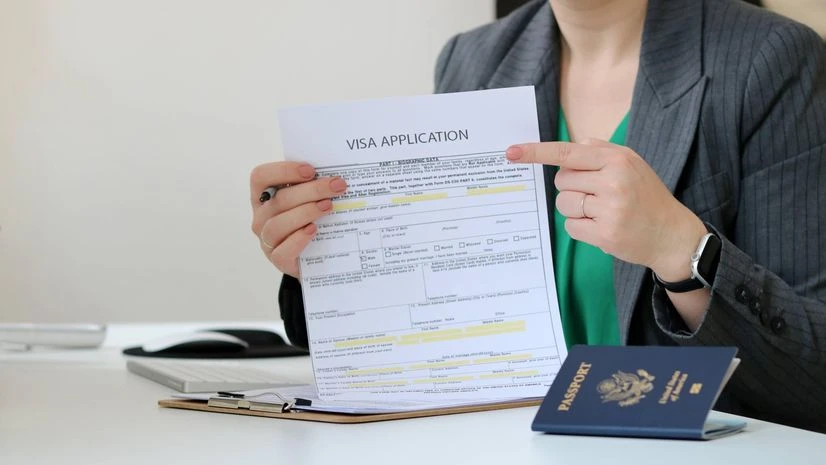A new Bill in the US Congress could make it harder for Indian academics and researchers to work in American universities. Senator Tom Cotton has introduced the Visa Cap Enforcement Act, which aims to end the H-1B visa exemptions long enjoyed by universities, non-profits, and research institutions.
What the Bill Proposes
- Count foreign workers on H-1B for over three years against the annual cap of 85,000
- Remove exemptions for universities, non-profits, and research centres
- End provisions that made H-1B transitions easier
- Require fresh petitions (counted under the quota) when changing employers
Impact on Indian Academics
Indians make up over 70% of H-1B visa holders, many of whom work as faculty or researchers in US institutions. If passed, this Bill could restrict opportunities for Indian students planning academic or research careers in America.
The proposal is still in committee and faces an uncertain path in a divided Senate. But it signals stricter immigration moves that could impact future job prospects.
Related Read
-
Another Blow to Indian H-1B Visa Holders – Trump’s New Executive Order
More on recent restrictions affecting skilled Indian professionals. -
Why US Authorities May Conduct Surprise Checks on H-1B, F-1 & OPT/STEM-OPT Holders
What you should know about possible inspections and compliance checks. -
US Chamber of Commerce May Sue Over $100,000 H-1B Visa Fee
How this proposed fee could impact Indian students and workers.
Worried about how this could affect your study or career plans in the US? Join GD Connect to discuss with peers, get alumni insights, and explore alternative pathways.
Source: Business Standard
